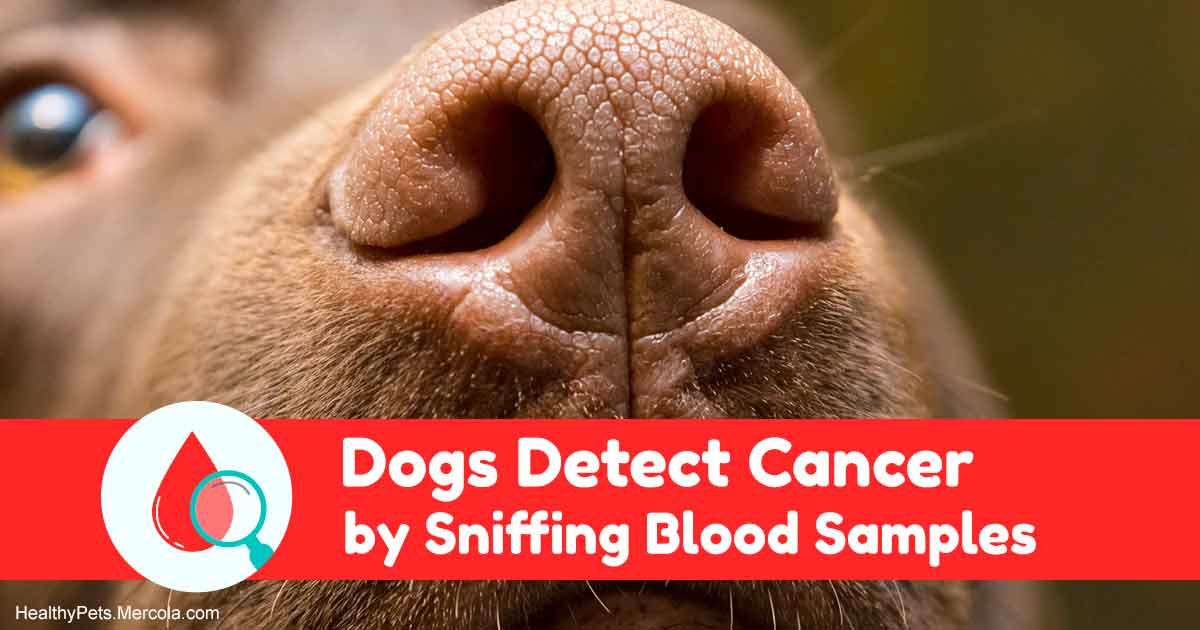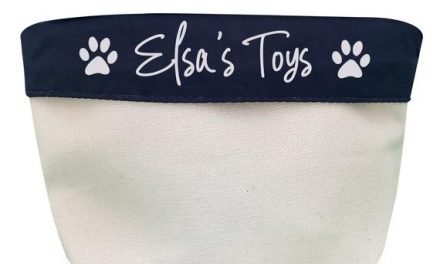Dogs have amazing noses and can utilize their remarkable sense of odor to assist people detect cancer. In among the current research studies on canine cancer detection, beagles had the ability to recognize lung cancer by smelling blood samples with about 97% accuracy1 —– an outstanding task and one that might make earlier cancer detection a possibility.
Study author Heather Junqueira, lead scientist at BioScentDx, a business utilizing canine scent detection to establish cancer scent screenings, stated in a press release, “Although there is presently no remedy for cancer, early detection uses the very best hope of survival. An extremely delicate test for discovering cancer might possibly conserve countless lives and alter the method the illness is dealt with.” 2
.Canines Detect Cancer by Sniffing Blood Samples.
During the very first stage of the research study, 4 beagles were trained to utilize fragrance to differentiate blood samples from individuals with lung cancer from blood samples from individuals without cancer. The scientists utilized a kind of operant conditioning called remote control training to teach the pet dogs.
With remote control training , when the canine does the preferred habits, a “click” noise is made, which lets the canine understand he’s on the best track. 3 of the 4 pets properly recognized the cancer samples with a striking precision rate of about 97%. Particularly, the outcomes revealed precision with “a level of sensitivity of 96.7%, uniqueness of 97.5%, favorable predictive worth (PPV) of 90.6% and unfavorable predictive worth (NPV) of 99.2%.” 3
The 4th canine, Snuggles, “was uninspired to carry out throughout training,” according to the scientists, and as an outcome scored rather lower on precision than the other 3 pets, being available in with 80% uniqueness and 60% level of sensitivity. Still, the research study was a success, additional supporting the effectiveness of pets in identifying cancer biomarkers.
” This research study leads the way for a bigger scale research study task created to check out making use of canine scent detection as a tool for discovering cancer biomarkers, eventually resulting in their recognition,” the scientists kept in mind.4
BioScentDx is likewise associated with other research study, consisting of a breast cancer research study identifying whether qualified cancer-sniffing pets can identify cancer from breath samples from breast cancer clients.5 They’re likewise dealing with separating the biologic substances that the pets discover, which might lead the way for evaluating tests based upon those substances.6
.Pet Dogs Sniff Out Ovarian and Breast Cancers.
In addition to lung cancer, previous research study discovered pets were likewise efficient in spotting cancer smell in the blood of ovarian cancer clients, not just at the time of very first medical diagnosis however likewise at follow-up 3 and 6 months later on. The pets showed favorable samples in 3 of 10 clients at follow-up, and all 3 of them had reoccurrences.7
In Situ Foundation is likewise dealing with clinically training canines to discover early-stage cancer in human beings and has actually partnered with the University of California-Davis to establish cancer detection pets that will use screenings to the general public. In Situ, which trains just animals from shelters and saves, who do not have houses, included:8
” Dogs have a high level of sensitivity and uniqueness, which indicates that pets do not offer the high incorrect favorable rates that contemporary screenings offer. Incorrect positives trigger unneeded biopsies, treatment, and concern.
In 2006, our research study which was released in the Journal of Integrative Cancer Therapies,9 a medical journal, our pet dogs were shown at 99% level of sensitivity in the early detection of lung cancer, and 88% delicate in the early detection of breast cancer. This is more precise than a needle biopsy.”
BioScentDx states that they have actually pets trained to find both particular cancers in addition to “basic cancer fragrance,” as lots of cancers share a typical aroma. To date, their cancer-sniffing pet dogs have actually spotted fragrances connected with breast, lung, prostate, colorectal, thyroid, cancer malignancy, lymphoma, transitional and kidney cell cancer cancers.10
.Can You Be Screened by a Cancer-Sniffing Dog?
Currently, cancer screening by means of dogs is illegal in the U.S. unless it’s part of a scientific trial. BioScentDx offers evaluating sets, which mention that by buying a set, “you will be taking part in a research study that will assist even more grow awareness and expand the usages for canine scent detection in medication.” 11
CancerDogs is likewise running firemen cancer screening trials to get firemens, who are at increased threat for cancer, routine cancer screenings. Since January 2018, 30,000 firemens have actually been evaluated as part of CancerDogs’ Firefighter Cancer Screening Trials.12
Although the screening is thought about speculative and not a replacement for basic healthcare, the hope is that pets can assist the firemens spot cancer previously, resulting in more effective treatment. Eventually, it’s hoped that pet dogs might one day be able to find cancer in the basic public.
Further, it’s not just specifically experienced canines that might have the ability to ferret out cancer. Personal family pet owners have actually likewise reported that their pet dogs have actually signaled them to cancer. In 1989, scientists released a case report of a canine who smelled a sore on his owner’s thigh, and the sore ended up being cancer malignancy.13
In 2018, a Wisconsin citizen likewise suggested her Siberian Husky Sierra effectively signaled her to ovarian cancer —– not one however 3 times.14 With the clinical support and anecdotal reports growing, if your pet appears abnormally consumed with smelling a specific part of your body, your breath or an area on your skin, it might deserve taking note.
.
Read more: healthypets.mercola.com






Recent Comments